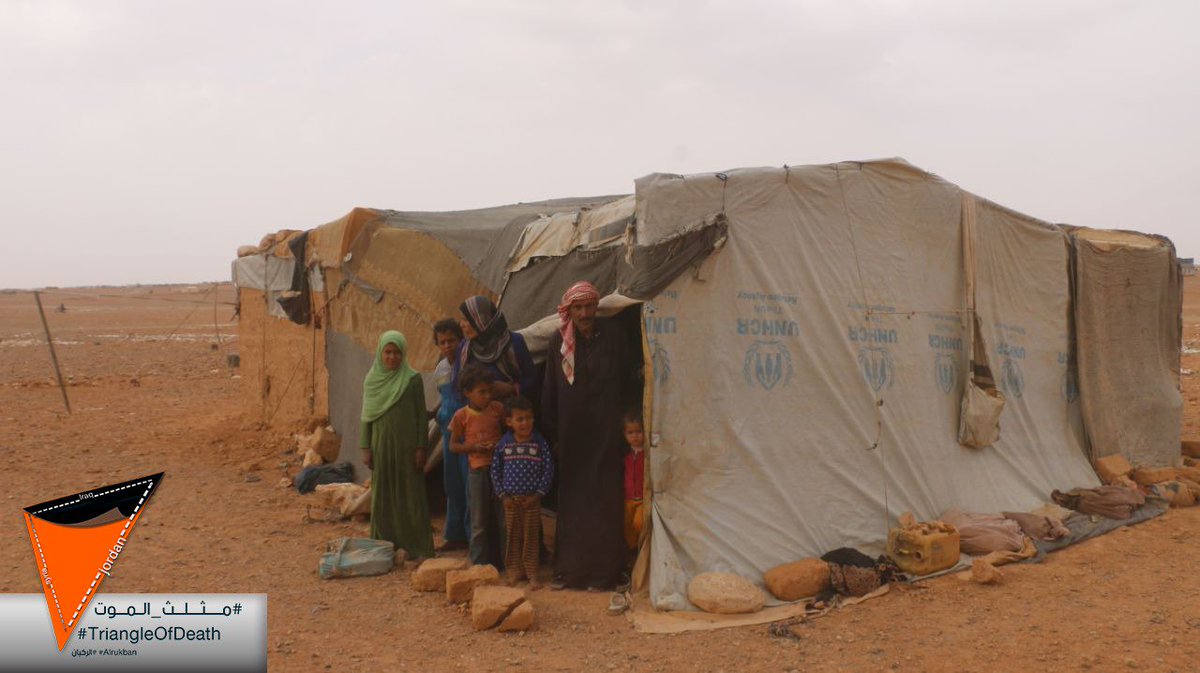In a desert camp along Syria's border with Jordan, nearly 50,000 displaced people struggle to eke out a living. There are no clinics, no nappies and little food — welcome to Rukban.
"We've nicknamed it the camp of death," said Abu Nashwan, who has lived in Rukban with his family since escaping fighting in Homs province over three years ago.
Conditions have deteriorated drastically since he and his family arrived, culminating earlier this month in the deaths of two babies within a 48-hour period.
A girl of four months died of blood poisoning and dehydration, and a five-day-old boy lost his life to blood poisoning and severe malnutrition, said the United Nations' children agency, UNICEF.
Neither had been able to get the medical attention they needed, but their deaths focused international attention on the dire situation in the vast, informal camp in southeastern Syria.
Following a UN appeal, humanitarian aid will be delivered to Rukban in the coming days, coming from Damascus for the first time.
Residents, contacted remotely because of the difficulty of reaching the camp, say they are making do with tents patched together from sheets, or mud huts that offer little protection from the harsh desert elements.
As winter approaches, the camp has no health facilities and to access a basic clinic, residents have to cross into Jordan — through a border that has been largely closed since 2016.
The trickle of food available is usually smuggled in and sold at exorbitant prices — unaffordable for most displaced families whose savings dried up years ago.
"People need everything: flour, sugar, rice, oil, tomatoes, preserves," said Abu Nashwan, speaking to AFP via a smartphone messaging app.
Generators and solar panels provide power for a few hours a day, but most essentials are virtually non-existent.
"Ninety-five percent of people don't have enough to buy bread," said Abu Nashwan, in his 50s.
International access to the tens of thousands of desperate people living Rukban is particularly complex.
In 2016, the US-led coalition fighting ISIS established a base at Al-Tanf, northeast of Rukban.
It created a 55-kilometer "de-confliction line" around the base, a sort of tripwire to keep rival Iran-backed forces away from the area. Rukban fell within that zone.
That same year, Amman sealed its border near Rukban after an ISIS suicide blast in Jordan that was apparently launched from the camp.
And with aid agencies unable to reach Rukban from Damascus without regime permission, its residents were stranded.
Responsibility for the information and views set out in this article lies entirely with the author.


